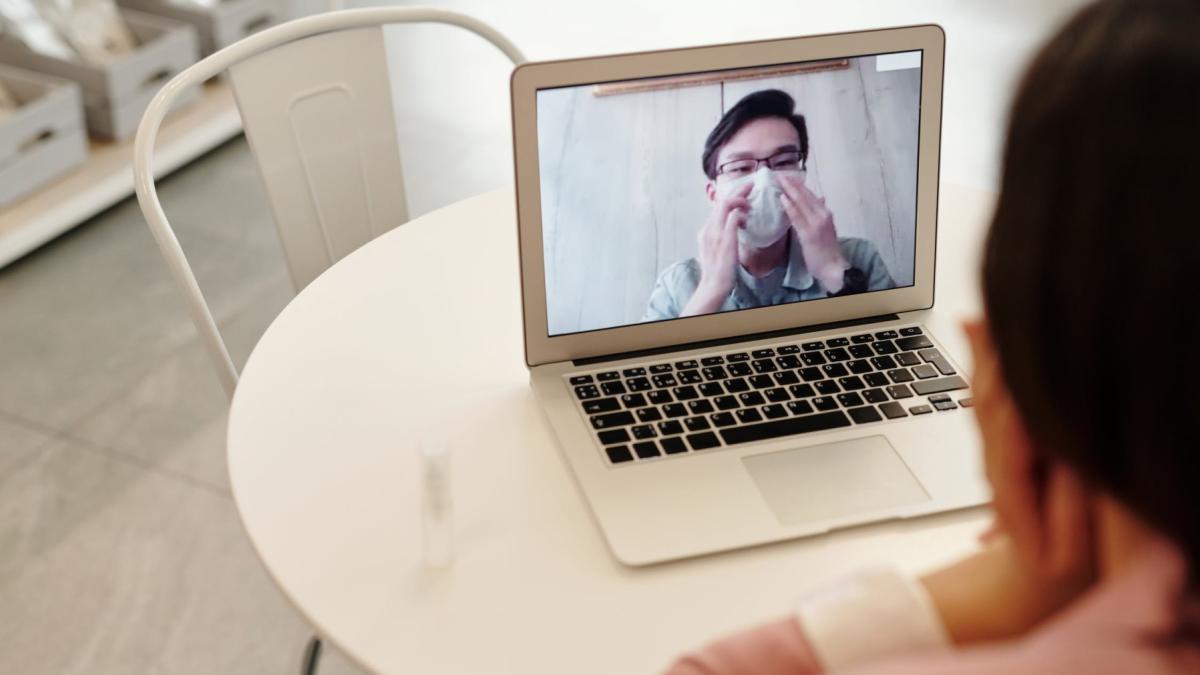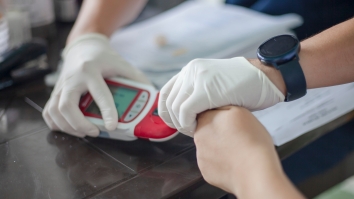
Four in five Australian telemedicine users keen to consult online again
Over nine in 10 used telemedicine for the first time during the pandemic.
Australians are now warming up to telemedicine with nearly four in five or 79% of respondents saying they would use it again, according to a survey from Capterra. Reasons cited included not needing to take time off work and not having to travel and pay for transport costs.
More than half (53%) of respondents had used telemedicine before. However, the pandemic boosted the use of telemedicine with 92% of this group admitting that they used it for the first time during the crisis.
The rise in telemedicine usage may have been triggered by restrictions, but 84% of those who first experienced telemedicine during the pandemic said the reason behind their online consultation was unrelated to symptoms of the virus itself.
More than a quarter or 27% felt that there was less waiting time before their appointment, and similarly 23% acknowledged that there was less waiting time overall compared to visiting the doctor’s surgery.
Also a quarter (25%) cited the risk of contagion being lower than physically going into a clinic as a reason for choosing telemedicine, and 15% found it beneficial that telemedicine enabled them to have access to a diagnosis and prescriptions from anywhere.
For seven in 10 (72%) of users, a teleconsultation was enough for them to solve their problem. Meanwhile, 11% of patients needed another online consultation with the same doctor, whilst 12% needed an in-person appointment for their medical problem.
Further, 3% felt that the online consultation was not reliable enough and they needed to see their doctor at their practice. 2% needed another online appointment with a different doctor.
Over one in five (21%) who had already used telemedicine also said they would not use it in the future. 47% of these respondents felt that they were more comfortable with in-person consultations, and 41% needed a physical examination.
Other reasons for not using telehealth services included possible technical glitches and the lack of trust in data privacy, cited by 2% each.
Further, only 8% of respondents felt that they had a better interaction with their doctor remotely as opposed to in person. More than a third (36%) found that one of the main problems with telemedicine was not being able to receive a physical examination.
“Some assessments may be difficult to make as the doctor cannot physically touch or feel the patient. 20% of respondents said that they would feel more comfortable seeing their doctor in person,” the report stated.
One in six (16%) reported technical problems on either their side or on the doctor’s due to the device or a poor Internet connection. Some respondents answered that they did not know whether their personal data was secure enough (8%), and others stated that they lacked privacy in their own home, which may be due to living in a shared household (7%).
In addition, 7% of patients noted that the “unpreparedness of their health professional” was a challenge. This may be because of resistance from some physicians in the use of new technology, the report noted.























 Advertise
Advertise








